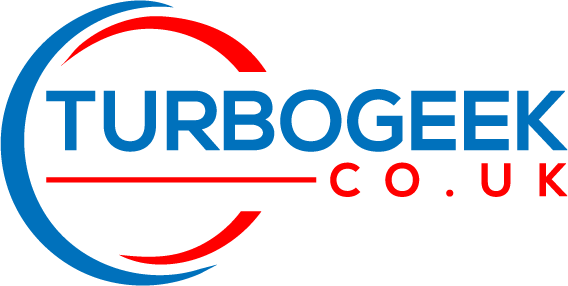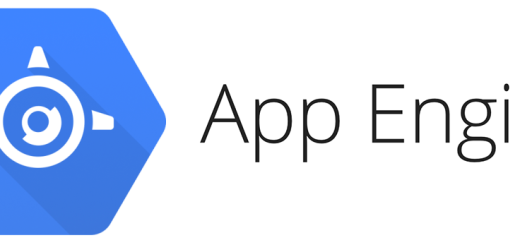Top Terraform Q&A: Questions and Answers

This Terraform Q&A was created to answer the most common questions I am asked by colleagues and clients about Hashicorps Terraform.
Terraform Q&A:
What is Terraform Cloud?
Terraform Cloud is a platform as a service (PaaS) that allows users to manage and orchestrate infrastructure changes using a single platform. It automates the provisioning, configuration, management, and update of infrastructure resources through a single platform, making it easier for users to manage and scale their infrastructure. Hashicorp offers the Terraform Cloud, a managed service via a unified cloud platform. Users pay a monthly subscription, enabling infrastructure automation to provision, comply, and address any cloud, data center, and service.
How To Create A Virtual Private Cloud Through Terraform Cloud?
Many different Terraform resources can create a Virtual Private Cloud in Terraform. The one you use depends on your Terraform provider, typically defined by the cloud provider you leverage.
- Create a VPC on AWS
Hashicorp has a create example page on how to create a VPC in AWS with Terraform. Here is an example of how to structure your Terraform code to create an AWS VPC
resource "aws_vpc" "core" {
cidr_block = var.core_vpc_cidr
enable_dns_support = true
enable_dns_hostnames = true
tags = merge(
module.label.tags,
tomap({ Name = "${module.label.name}" })
)
}
resource "aws_vpc_dhcp_options" "core" {
domain_name = "eu-west-2.compute.internal"
domain_name_servers = ["AmazonProvidedDNS"]
ntp_servers = ["169.254.169.123"]
tags = merge(
module.label.tags,
tomap({ Name = "${module.label.name}-dhcpoptions" })
)
}
resource "aws_vpc_dhcp_options_association" "core" {
dhcp_options_id = aws_vpc_dhcp_options.core.id
vpc_id = aws_vpc.core.id
}What Should I Use Terraform For, And Why Not Some Other Tool?
Deciding which tool to use for your cloud infrastructure needs can be challenging. Terraform provides a great deal of flexibility and can be used to manage everything from simple resources like servers and storage to more complex tasks like deploying applications and managing fleets of machines. However, other tools can also provide similar functionality; some are even cloud-agnostic.
Cloud-based infrastructure is becoming increasingly popular, and Terraform is an excellent tool for managing and configuring it. Terraform can manage different cloud providers, and it’s cloud agnostic so that you can use it with any cloud provider. Terraform can also help you manage your infrastructure more efficiently and keep it updated.
Some popular options for managing cloud infrastructure with Terraform include Ansible, AWS CloudFormation, Azure Resource Manager, Google Cloud Deployment Manager, and Chef. Each offers its strengths and can be a good fit for different needs.
Ansible is great for automating simple tasks like deploying applications or managing fleet deployments.
Is Terraform Only For The Cloud?
Terraform is not limited to the cloud. It can also be used to manage small to medium-sized deployments, and Terraform can also be used to create and manage stateful applications.
It is popular on-premise, and I found it good at managing VMware vSphere environments.
How Does Terraform Communicate With Aws?
Terraform uses the Amazon Web Services (AWS) API to communicate with AWS. Terraform first communicates with AWS using a credentials file. If the credentials file is not found, Terraform uses an AWS access key ID and secret access key. Terraform then uses these credentials to make requests to AWS.
You can also use AWS-VAULT, which is excellent at managing terraform on multiple AWS accounts.
What Is Terraform In Devops?
Terraform is a cloud-based platform for managing infrastructure in a reproducible way. It is popular in DevOps because it allows developers to easily create, change, and test infrastructure configurations without worrying about the underlying infrastructure. This makes it a valuable tool for scaling and maintaining infrastructure.
DevOps is a process of managing software development and operations. It is a way of working that stresses collaboration and communication between developers and operators. Using Terraform, developers can easily create and change infrastructure configurations without worrying about the underlying infrastructure. This makes it a valuable tool for scaling and maintaining infrastructure.
Which Is Better For Infrastructure Creation, Terraform Or Ansible?
I use Terraform for managing AWS and Ansible for collecting user data on my servers. Both tools can do the same thing, but this is my preference.
In recent years, Terraform and Ansible have emerged as powerful tools for infrastructure creation. Both tools have their strengths and weaknesses, and it can be not easy to decide which is better for a specific project.
Terraform is better for creating complex infrastructure thanks to its ability to layer in multiple providers and modules. Ansible is better for working with small infrastructure, such as individual servers.
Overall, Terraform is a more powerful tool, but Ansible is easier to use and more flexible for small projects. It’s essential to decide which device is best suited for the specific needs of a project.
How Do I Learn Terraform AWS?
If you want to learn Terraform and use it to manage your AWS resources, certification is the best way to do that. A few certification options are available, but the most popular one is the Terraform AWS Certified Professional certification. The CloudStack Foundation offers this certification and requires passing a multiple-choice exam. The exam is available online, and you can purchase a printed version. The exam measures your understanding of Terraform and its use with AWS. After you pass the exam, you are certified as a Terraform AWS Certified Professional.
There are a few other options for learning Terraform. You can find resources online, and many of the resources are free.
Is Terraform Better Than Cloudformation?
Yes.
CloudFormation is exclusive to AWS. Terraform can be used with an API on any cloud, on-premise, and inside any application.
How To Download And Install Terraform?
To get started, you need to download the Terraform installer. You can find the installer on the Terraform website. After you download the installer, you can install it on your computer.
Once you have the installer installed, you can start using it. To create a new project, open the Terraform console and click the New Project button. Then, enter the name of your project and click the Create button.
You can use the menus in the console or the command line to manage your projects.
Learn how to install Terraform on Windows here.




1 Response
[…] Terraform is a tool for building, changing, and versioning infrastructure safely and efficiently. Terraform can manage existing infrastructure as well as create new infrastructure. […]